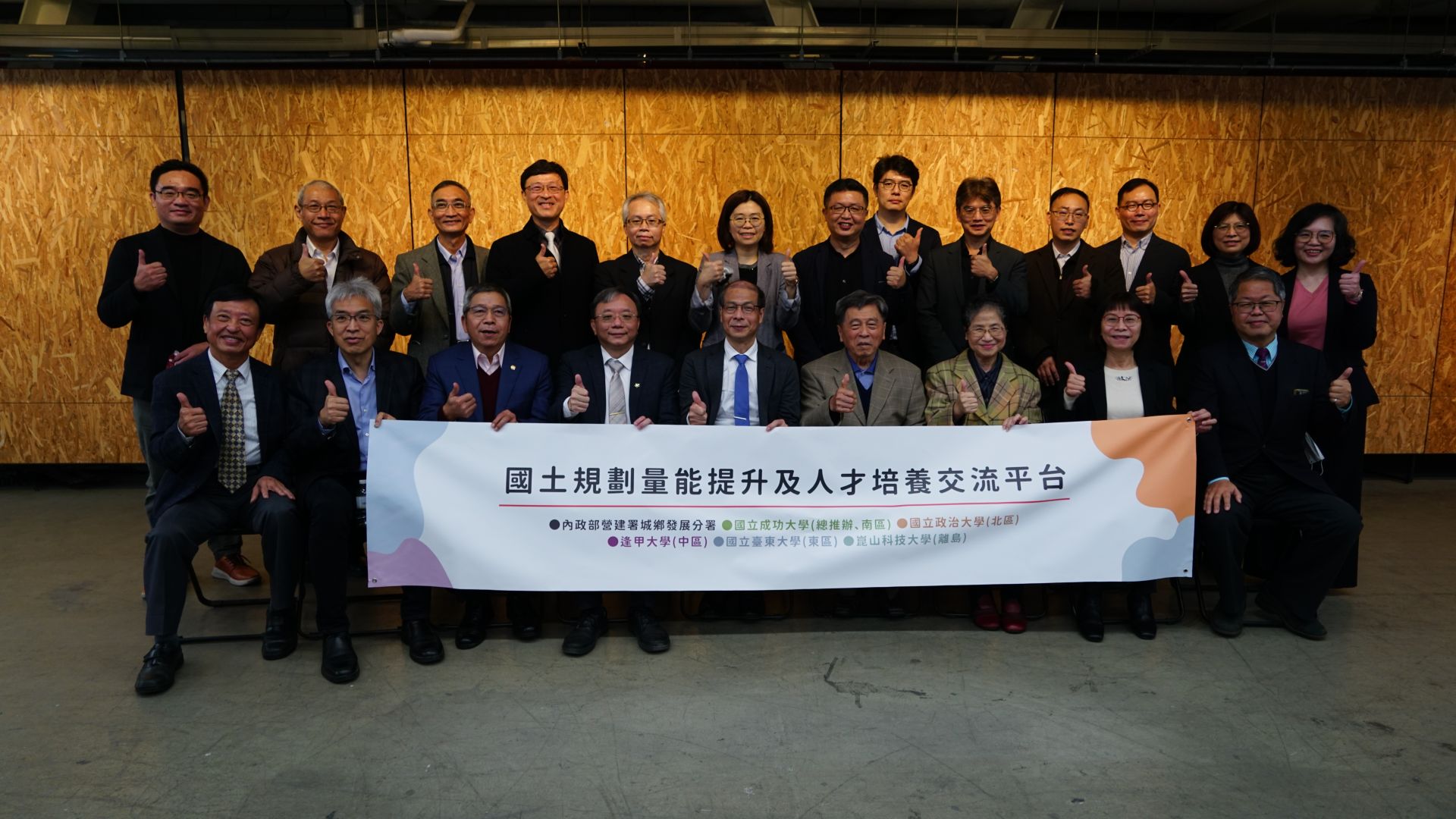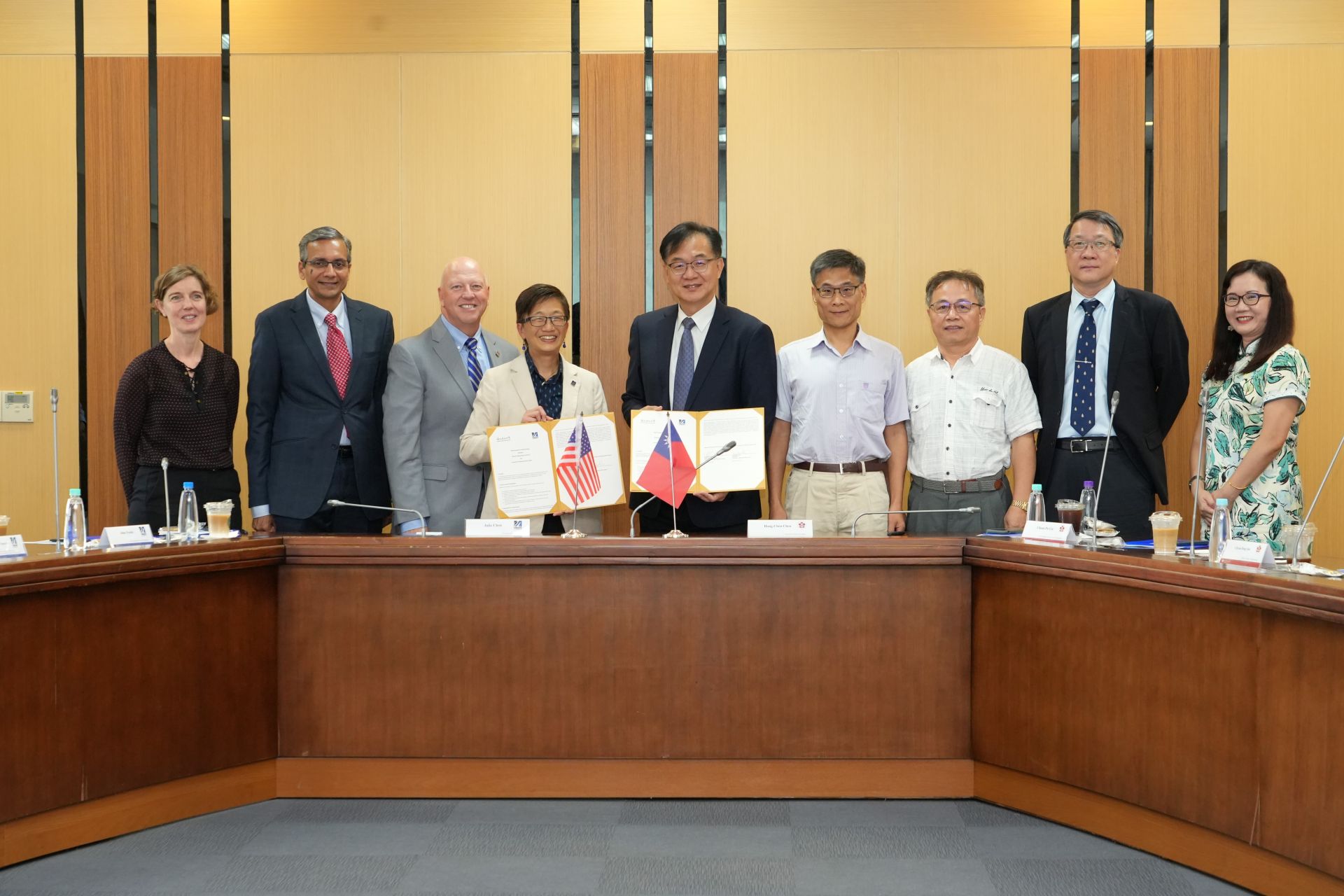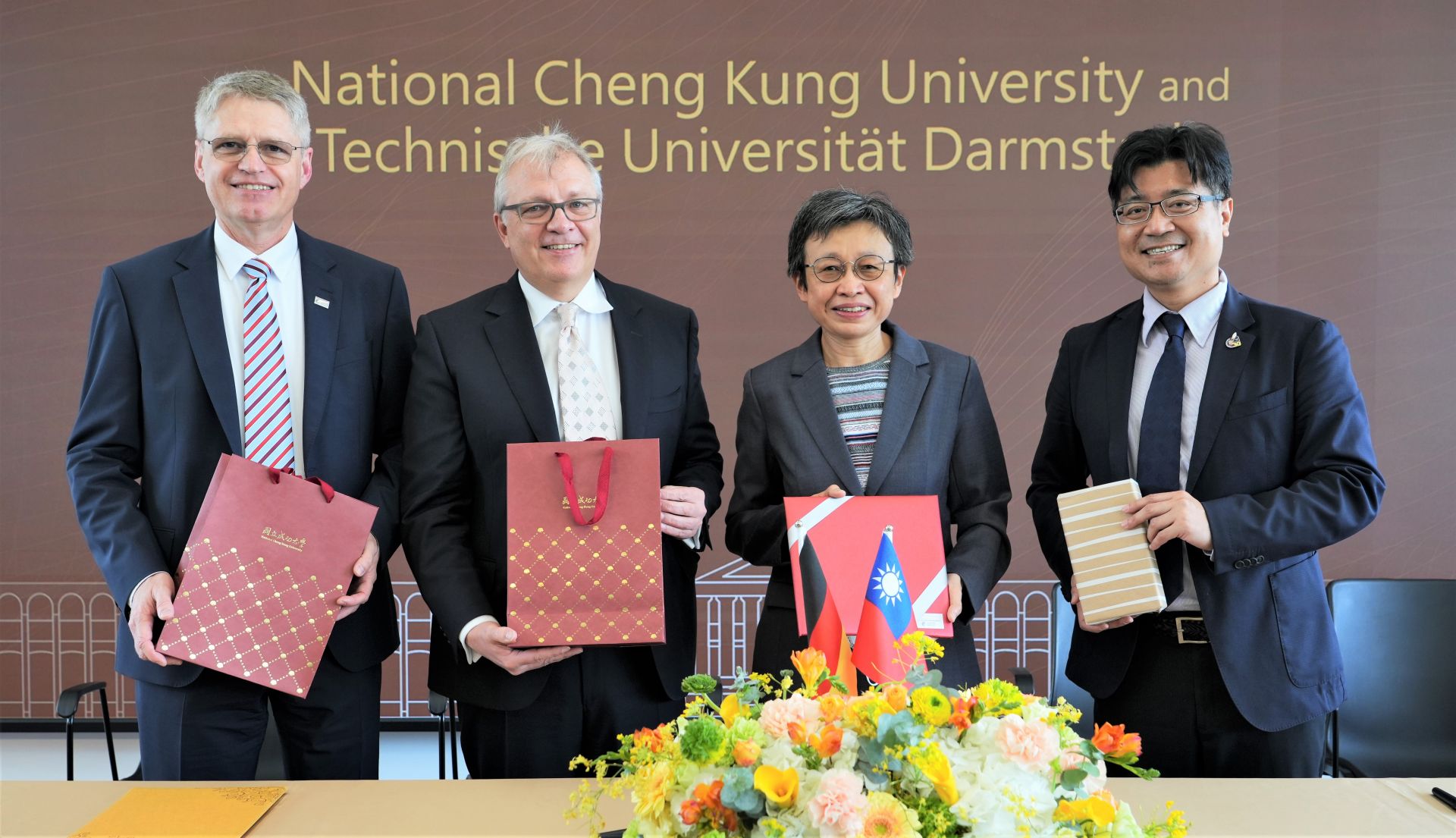NCKU’s USR Projects have successfully passed the Ministry of Education's University Social Responsibility Practice Program
This year, NCKU successfully gained approval for five University Social Responsibility (USR) projects, each reflecting a distinct theme in addressing social responsibility. The projects demonstrate the university’s interdisciplinary expertise and commitment to sustainability and community engagement. Leading the sustainability-oriented international collaboration project, Distinguished Professor Cheng-Ta Yang from the Department of Psychology spearheads “Urban-Rural Partnership for Sustainable Healthy Living: East Asia Connection.” In the distinctive sustainability project category, Professor Yun-Che Wang from the Department of Civil Engineering leads “The Beauty and Sorrow of Zengwen River: From Hydrology and Cultural History, Specialty Industries, to the Establishment and Validation of AI-Driven Digital Sustainability Systems.” Two deep-rooted projects further highlight the university’s efforts. Associate Professor Hsiu-Tzu Chang from the Department of Urban Planning oversees “Collaborative Badlands 3.0: G.R.E.A.T. – Building Regional Resilience and Inclusive Green Networks in the Shallow Mountain Living Circle,” while Distinguished Professor Heng Zhang from the Department of Architecture leads “Heartfelt Moments in Xingangdong: Co-Creating a Healing Eco-Art Village.” This year also marks the addition of a budding project, “From Clinic to Community: A Warm Welcome for the Bubble Dragon Tribe,” led by Distinguished Professor Ming-Jer Tang from the Institute of Physiology. Together, these five projects embody NCKU’s dedication to fostering social innovation and addressing pressing global and local challenges.
The Research Center for Humanities and Social Sciences at NCKU serves as the most critical support system behind the university's outstanding performance in USR initiatives. To further enhance this effort, the university established the Social Innovation USR Resource Center (USR Hub), with Vice President Yuh-Neu Chen serving as the convener and Distinguished Professor Cheng-Ta Yang, director of the Research Center for Humanities and Social Sciences, as the executive director. The USR Hub provides robust support for project implementation at both the university and community levels. It has established issue-based and region-based faculty communities and introduced the E-PCK Pedagogical Content Knowledge Practice Platform. By integrating the specialized courses offered by various colleges in alignment with the United Nations' 17 Sustainable Development Goals (SDGs), the hub fosters cross-disciplinary, issue-oriented faculty communities. This approach not only underscores NCKU's solid academic and research achievements but also contributed to the Ministry of Education's full approval of the proposed projects.
National Cheng Kung University (NCKU) implements the Ministry of Education's USR Practice Program through five key themes of social engagement: "Knowledge and Technology Translation," "Cultural Heritage Recreation," "Social Sustainability Think Tank," "Intergenerational Talent Cultivation," and "Inclusive and Friendly Environments." These themes embody NCKU's core spirit of USR, addressing the challenges faced by Taiwanese society and offering practical solutions. By genuinely responding to the needs of southern Taiwan, the university fosters sustainable development that emphasizes harmonious coexistence with the local community.
Vice President Yuh-Neu Chen, serving as the convener of the USR Resource Center, has long been a dedicated advocate for university social engagement. Her efforts include initiating interdisciplinary general education courses such as "Exploring Tainan," leading the National Science and Technology Council's "Big Local" project, and supporting the promotion of USR across the university. She exemplifies NCKU's commitment to integrating general education with professional research to advance USR and is expected to further drive the development of the USR Resource Center with tangible progress. Director of the Research Center for Humanities and Social Sciences, Distinguished Professor Cheng-Ta Yang, also highlighted that NCKU’s 2023–2027 Mid-Term University Development Plan emphasizes cultivating students' awareness of societal issues during their academic journey. The goal is to ensure that research and service outcomes address societal needs while encouraging students to actively engage in solving global challenges. Evaluating the medium- to long-term impact of NCKU's social responsibility initiatives has thus become a key responsibility of the Research Center for Humanities and Social Sciences.
NCKU prioritizes enhancing the quality of education as a guiding principle to expand the depth and breadth of its social contributions. By making talent cultivation and knowledge innovation the foundation of its mission, the university positions itself not only as a think tank for the city but also integrates the city as a living laboratory for academic practice. Through a systematic and sustained approach, NCKU fosters a core philosophy of social responsibility among students, strengthening the connection between the university and society. This approach inspires students to embrace a spirit of practice, leveraging academic expertise to address and care for societal needs. Simultaneously, NCKU actively advances collaborations with global universities in the realm of USR, creating synergistic connections between local contexts and global dynamics. By addressing critical international issues related to sustainable development, the university aims to expand the diversity, depth, and scope of talent cultivation. Through these efforts, NCKU links academic innovation to societal challenges, reinforcing its commitment to both local impact and global sustainability.
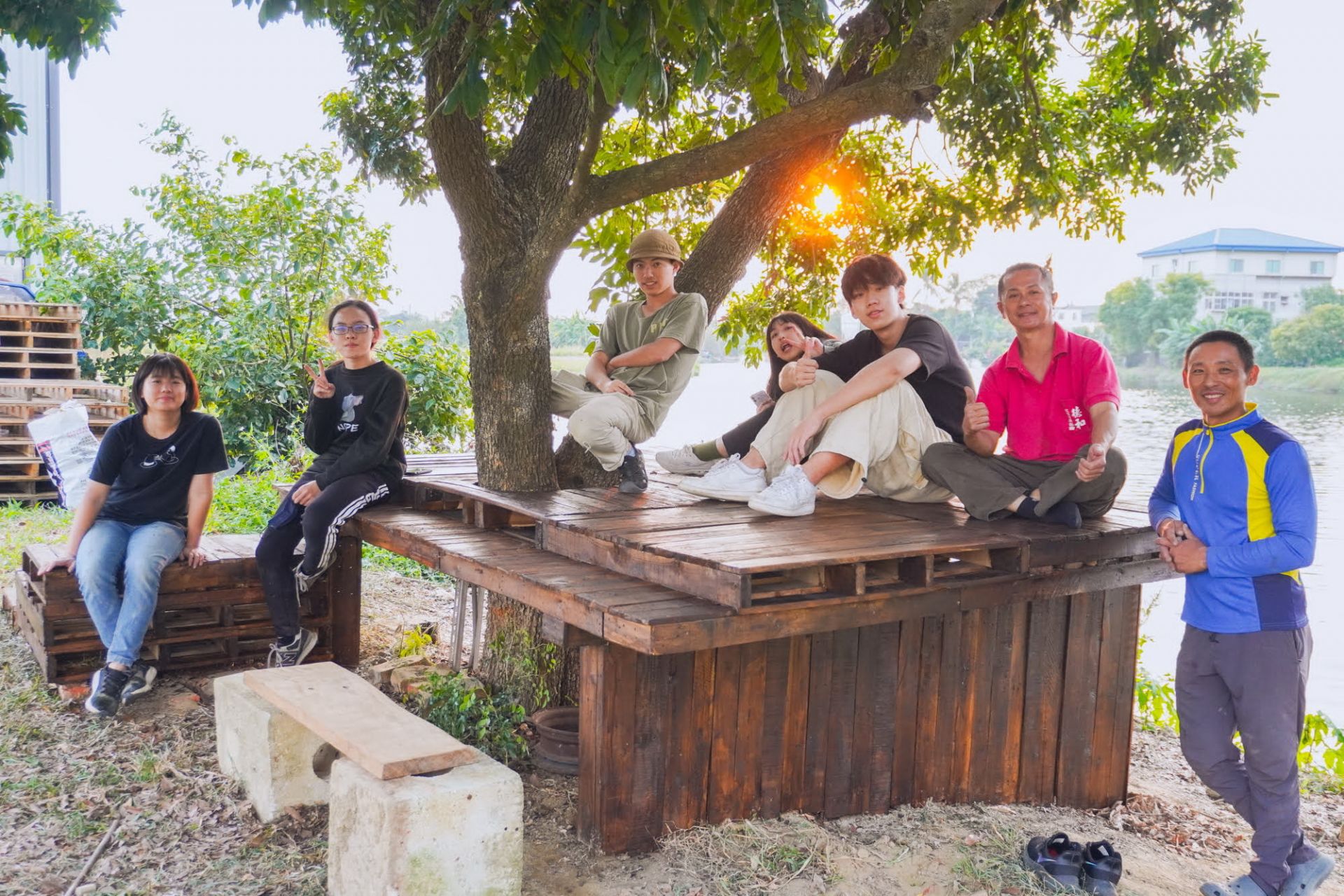
To address the aging society, an international collaboration-type USR project titled "Urban-Rural Partnership for Sustainable Healthy Living: East Asia Connection" has been proposed.
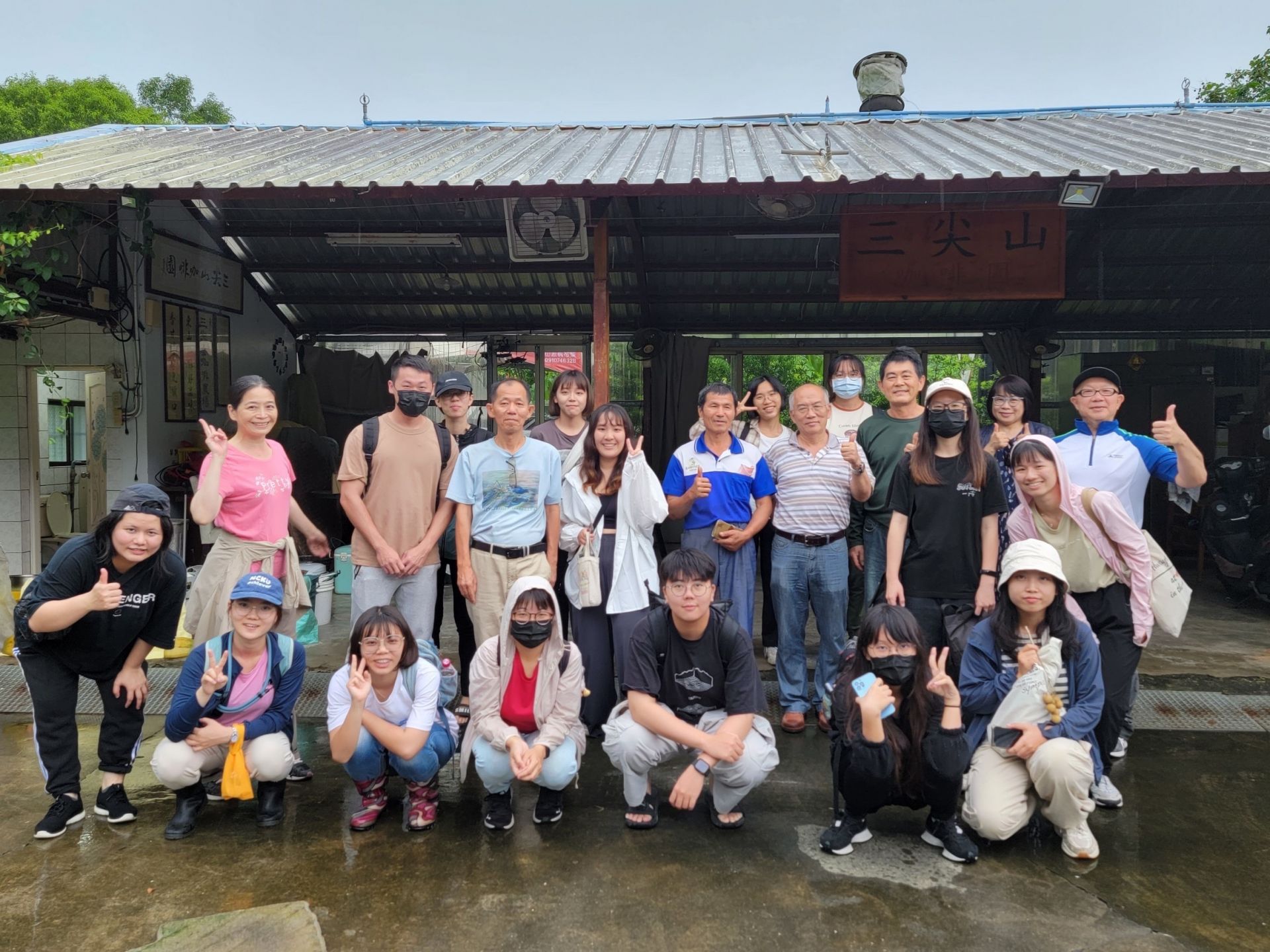
Promoting the sustainable development of an eco-friendly coffee industry through a distinctive sustainability-oriented project titled "The Beauty and Sorrow of Zengwen River: From Hydrology and Cultural History, Specialty Industries, to the Establishment and Validation of AI-Driven Digital Sustainability Systems."
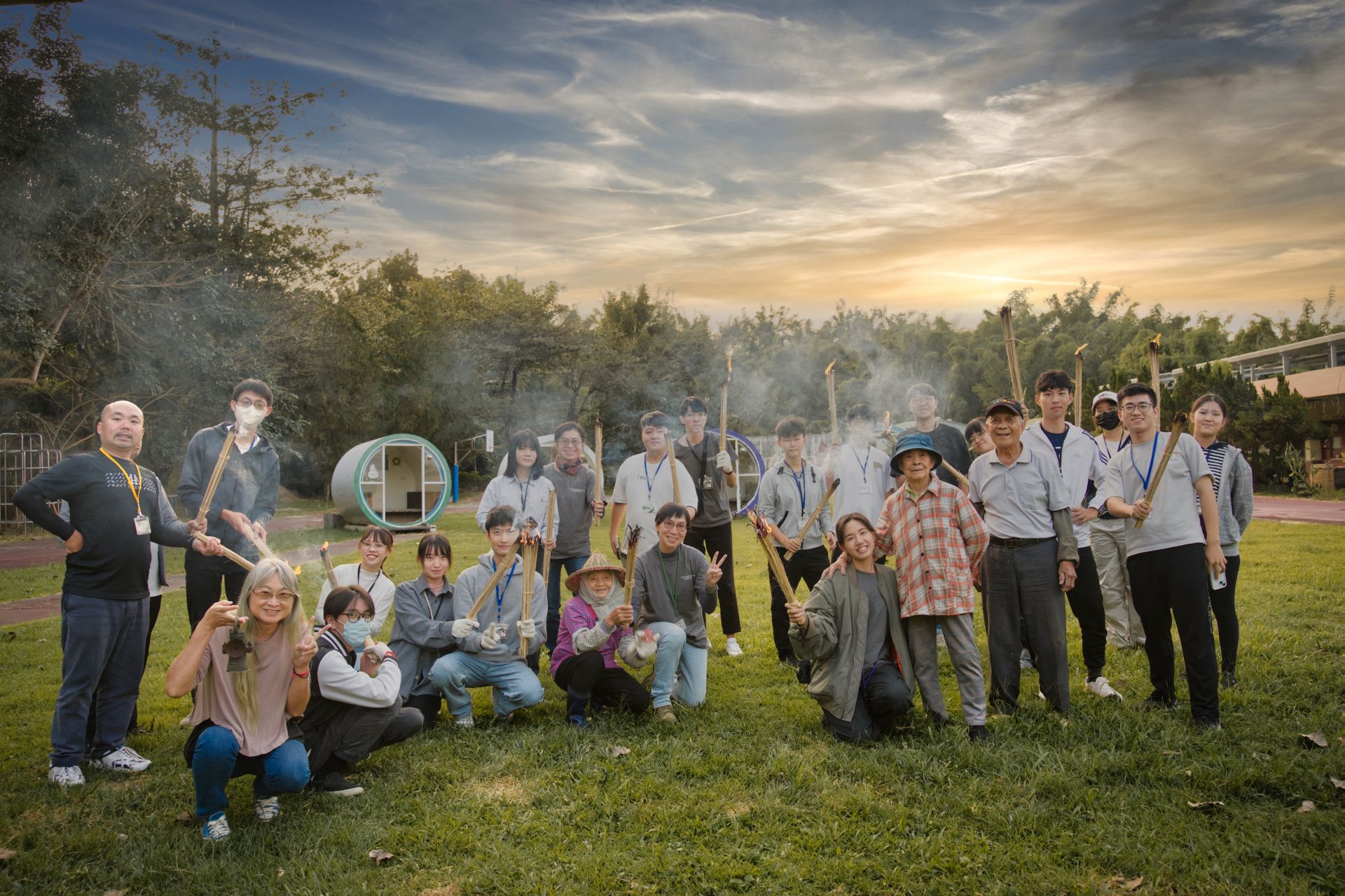
Entering its tenth year of deep engagement in mountain villages, the university’s distinctive deep-rooted project, “Collaborative Badlands 3.0 : G.R.E.A.T. – Building Regional Resilience and Inclusive Green Networks in the Shallow Mountain Living Circle,” continues to thrive.
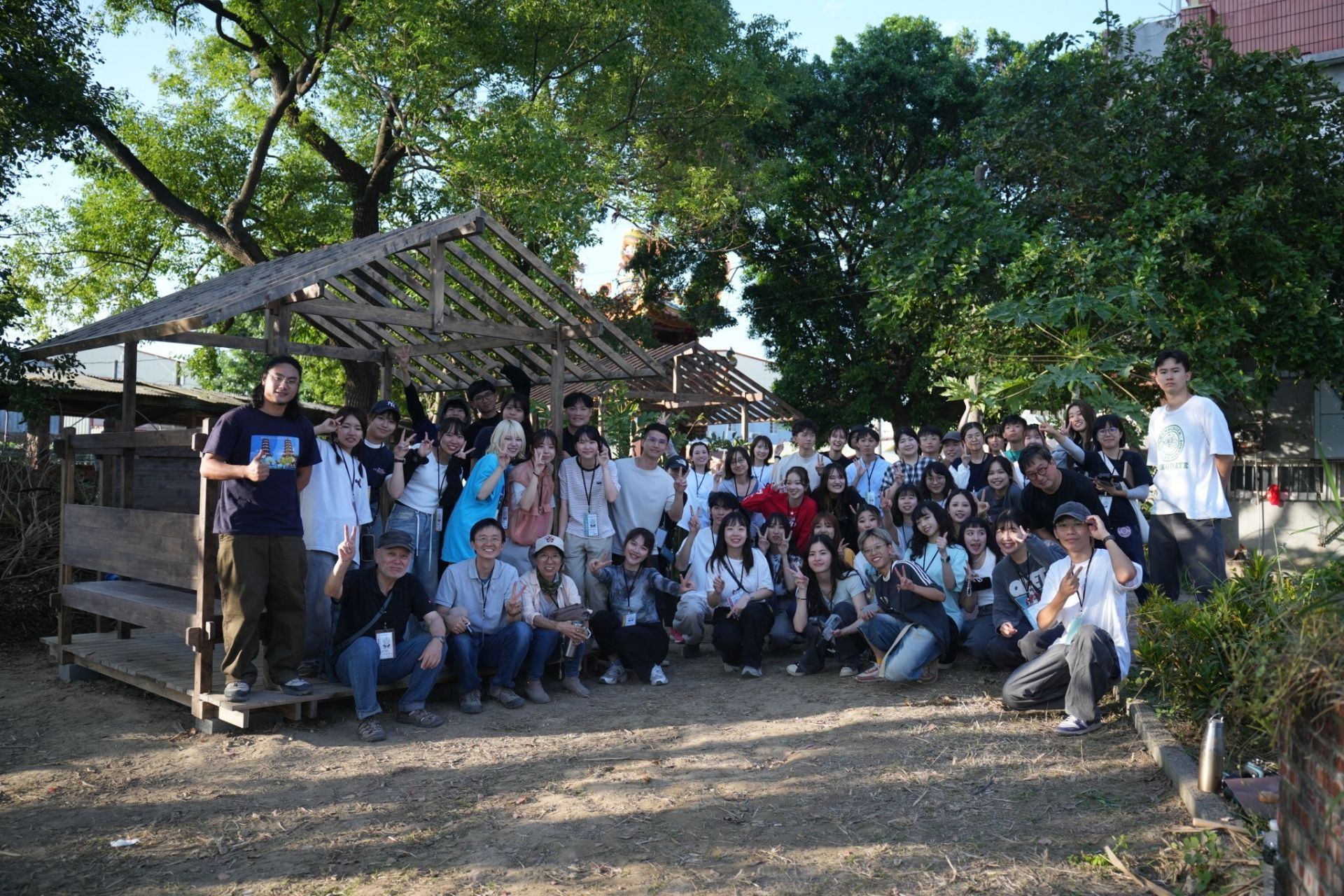
A USR project focused on developing the healing industry in rural areas, titled "Heartfelt Moments in Xingangdong—Co-Creating a Healing Eco-Art Village."
